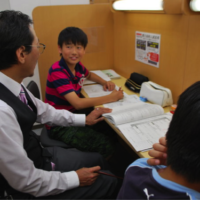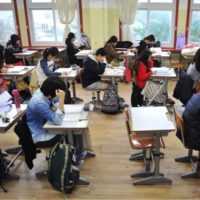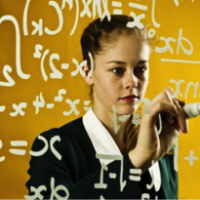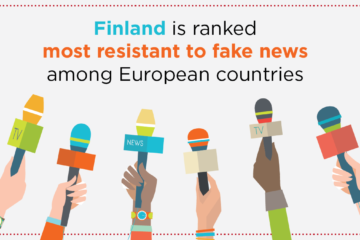Japan Shifts to Subject Teachers in Elementary Schools
All fifth and sixth grade students in Japan’s schools will have subject teachers for English, science, math, and physical education, as of next school year. This is a big change from Japan’s current system where students learn from a single class teacher until entering junior high school in eighth grade. The change is aimed at helping the transition to junior high school, where all classes are taught by subject teachers. It will also allow teachers to strengthen their teaching skills in a single area while also easing the burden of preparing lessons for all subjects. And, as multiple teachers will be involved with each class, it will allow for better collaboration among teachers to address learning issues. The program has already been piloted in some Japanese elementary schools, where teachers report a reduced workload and more time to prepare for classes in their subject. The education ministry intends to hire an additional 8,800 teachers over the next four years in order to support the program. The plan poses challenges for smaller schools that already struggle to hire enough teachers, however. In some cases, schools plan to enter into teacher-sharing agreements where one teacher may teach subject specific classes in two or more neighboring schools. Read more at Japan Times.

SkillsFuture Singapore Identifies “Priority Skills” for the Future in Inaugural Report

Singapore’s first Skills Demand for the Future Economy Report, released this month by SkillsFuture, focuses on three areas of economic growth: the Digital Economy, the Green Economy, and the Care Economy. Chan Chun Sing, Singapore’s Minister for Education, explained, “As we look beyond the pandemic, one thing is for sure: The pace of change will only increase…it is therefore not a matter of if, but when, the skills that we possess today will no longer be relevant.” SkillsFuture, a government agency which provides resources to help Singaporeans develop and master skills and engage in lifelong learning, collaborated with experts and used big data and machine learning to identify and distill industry and job market trends. The report identifies priority skills required for workers in each of the three major areas as well as job descriptions and training opportunities in a range of sectors. The agency hopes that making this data public will encourage learners of all ages to “plan ahead for their lifelong learning journey.” Read more at Channel News Asia, and read the full report on the SkillsFuture website.
Seoul Launches Free Online Learning Platform for Disadvantaged Students
Seoul plans to provide free online lectures to over 100,000 disadvantaged young people as a means to bridge the growing achievement gap among students from different socioeconomic backgrounds. Through the Seoul Learn online platform, learners can watch eight-weeks worth of lectures donated from different South Korean institutes. The platform will also provide one-on-one mentoring focused on academic support and college and career guidance. The government will work with the Seoul Metropolitan Office of Education and municipal districts to make laptops available as needed. Over 60,000 devices have already been distributed. Ultimately, the city plans to make Seoul Learn a public online lifelong learning platform for all residents as early as next year. Read more at The Korea Herald.

Poland Creates “Laboratories of the Future” in Primary Schools

Poland’s “Laboratories of the Future” initiative allocates more than PLN 1 billion (US$240 million) in COVID-19 relief funds to all primary schools to purchase state-of-the-art ed tech equipment such as 3D printers and robots. The infrastructure investments are to help prepare students for a digital future, strengthen STEM competencies, and develop key skills like problem solving and creativity. All primary schools in Poland must first have a set of basic equipment required by the Ministry and then can choose additional equipment based on student interest and their own priorities from approved list equipment that helps schools “teach in a modern way.” Non-public schools will start receiving funds in 2022. Read more at the Ministry of Education and Science website.
Finnish Evaluation Data Reveals Declining Math Scores, Widening Achievement Gaps
Math results for Finnish 9th graders have declined. The results of the latest testing conducted by the Finnish Education Evaluation Center (FEEC) shows significantly lower scores on an exam covering arithmetic, algebra, and geometry, compared to a decade earlier. FEEC administers sample-based exams to students at different levels of the Finnish education system in order to monitor results, diagnose problems, and provide advice for policymakers. They have periodically administered a mathematics examination to a sample of ninth graders. The results show a decline corresponding to approximately two points on a ten-point scale over the last 10 years, alongside widening gaps between high and low achievers. Possible explanations for the steep decline include an increasing number of migrants, disruptions due to the coronavirus pandemic, and a decline in students’ ability to do basic arithmetic due to the rise of smart technologies. Read more at YLE.





